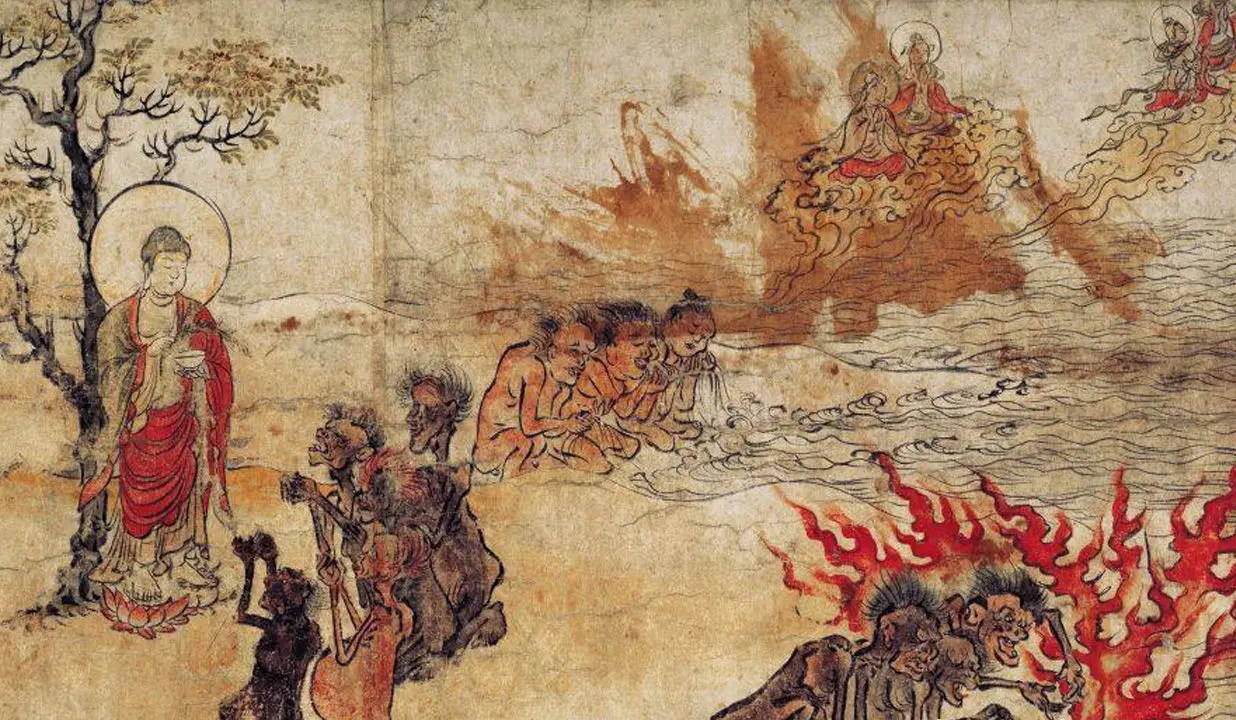Craving for this or that governs the world. Yet, in a certain sense, enjoyment is impossible. How does craving unfold, and what is the problem?
A mind with ignorance does not understand mental and material phenomena as merely mental and material phenomena. Instead, it perceives in them something else — a self, an “I.” Thus the notion of self is formed. When it meets an object that corresponds to its “attributes,” attraction arises automatically. At that very moment, being under the distortion of perception that sees permanence and pleasure in what is impermanent and unsatisfactory, it seems as though the mind is about to reach eternity (even if one is merely eating a simple pastry). Yet, once the object is obtained, the attention rooted in ignorance shifts from “this is needed to complete my self” to simply “I have attained it.” What settles then is only equanimity, indifference — and eternity is once again postponed to the next occasion.
However, in order to obtain objects of delight, one usually has to wear oneself out and undergo a great deal of direct suffering. If one does not get what is desired — suffering. If one gets it — having expected eternity, one finds only equanimity; this gives rise to anger (which itself is direct suffering, since anger is accompanied by unpleasant mental feeling) and to new pursuits of fresh delights, which again collapse into the same equanimity of indifference. Even if one has obtained something and afterwards feels only indifference, once it is taken away, suffering arises again. And thus it goes on, until one’s resources are exhausted. Life passes, death comes, and then a new life follows — most likely worse than the previous one. Ultimately, there is no difference between possessing everything and severing all desire.
“Householder, suppose a man dreamt about lovely parks, lovely groves, lovely meadows, and lovely lakes, and on waking he saw nothing of it. So too, householder, a noble disciple considers thus: ‘Sensual pleasures have been compared to a dream by the Blessed One; they provide much suffering and much despair, while the danger in them is great.’ Having seen this thus as it actually is with proper wisdom…clinging to the material things of the world utterly ceases without remainder.
